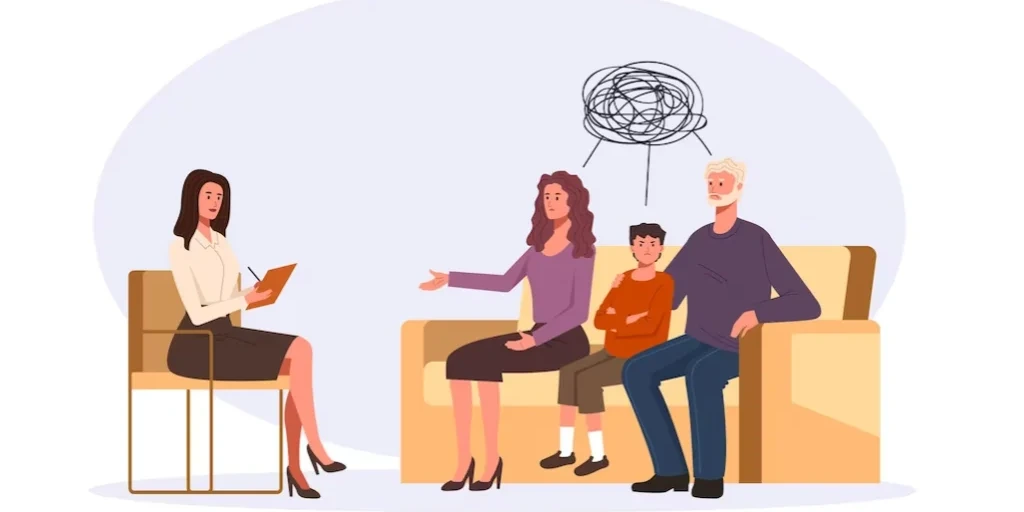24/7 Helpline:
(866) 899-221924/7 Helpline:
(866) 899-2219
Learn more about Eating Disorder Treatment centers in Fayette County

Other Insurance Options

Providence
Beacon

Absolute Total Care

Aetna

ComPsych

Amerigroup

Anthem

Access to Recovery (ATR) Voucher

Cigna

State Farm

American Behavioral

Regence

Multiplan

MHNNet Behavioral Health

Ambetter

Coventry Health Care

PHCS Network

Magellan

Private insurance

BHS | Behavioral Health Systems

Georgia Addiction Treatment Center
Georgia Addiction Treatment Center (GATC) is a CARF-accredited drug and alcohol rehab located in Pea...

Grace Harbour
Grace Harbour is an outpatient mental health clinic that serves individuals from all ages in a holis...

Turning Point New Directions
Turning Point New Directions is a counseling clinic located in Tyrone, GA. Turning Point New Directi...

The Insight Program
The Insight Program is a private rehab located in Tyrone, Georgia. The Insight Program specializes i...

Pyramid Healthcare – Pine Ridge Manor Halfway House for Men
Pyramid Healthcare - Pine Ridge Manor Halfway House for Men is located in Tyrone, Pennsylvania. Pyra...




































































